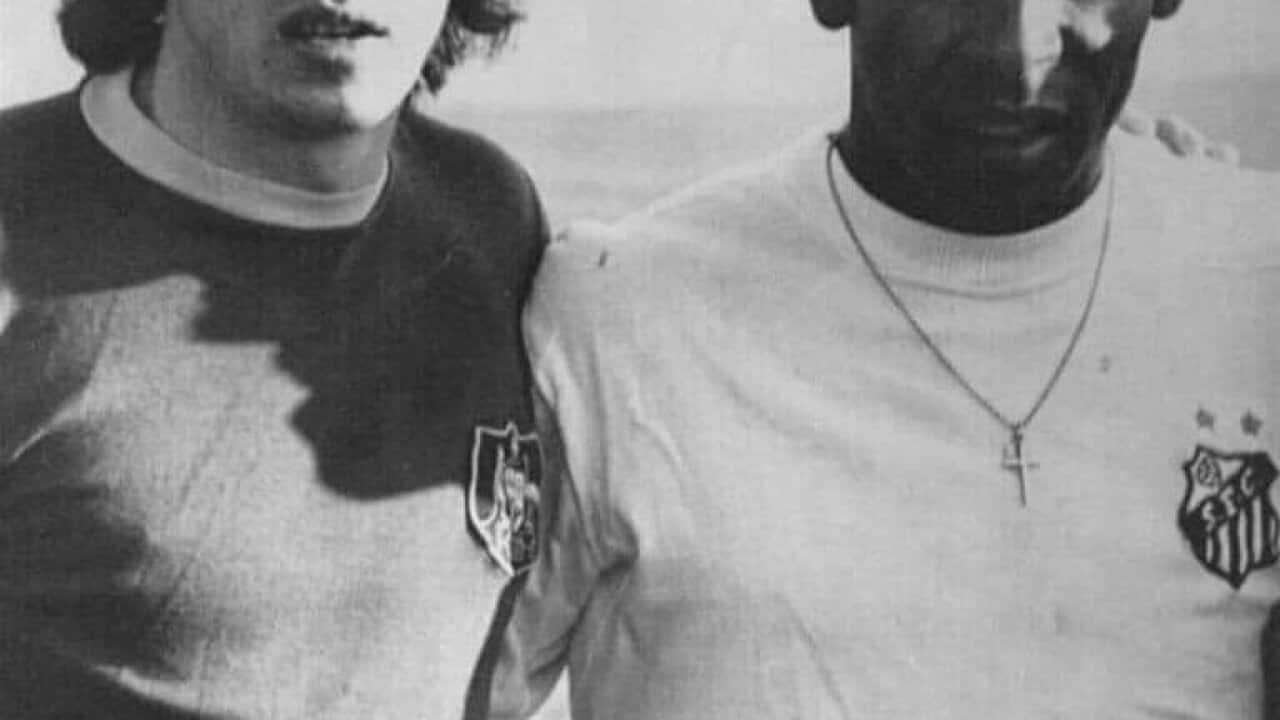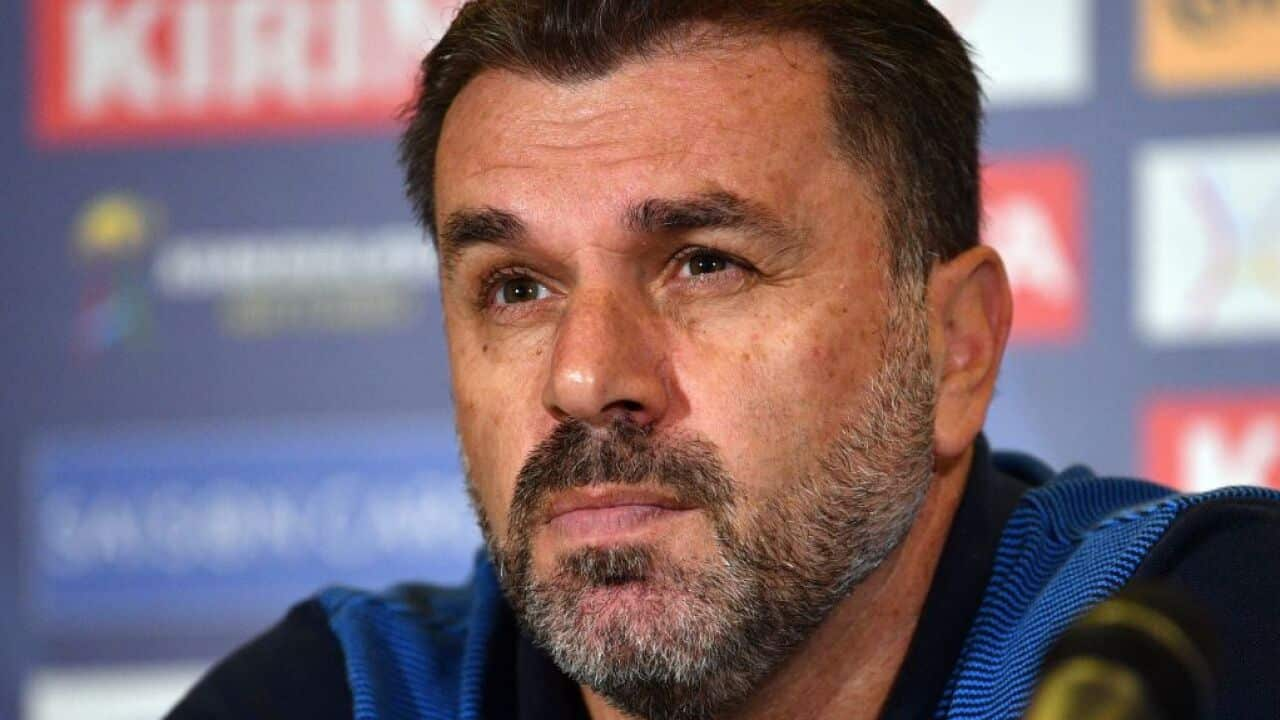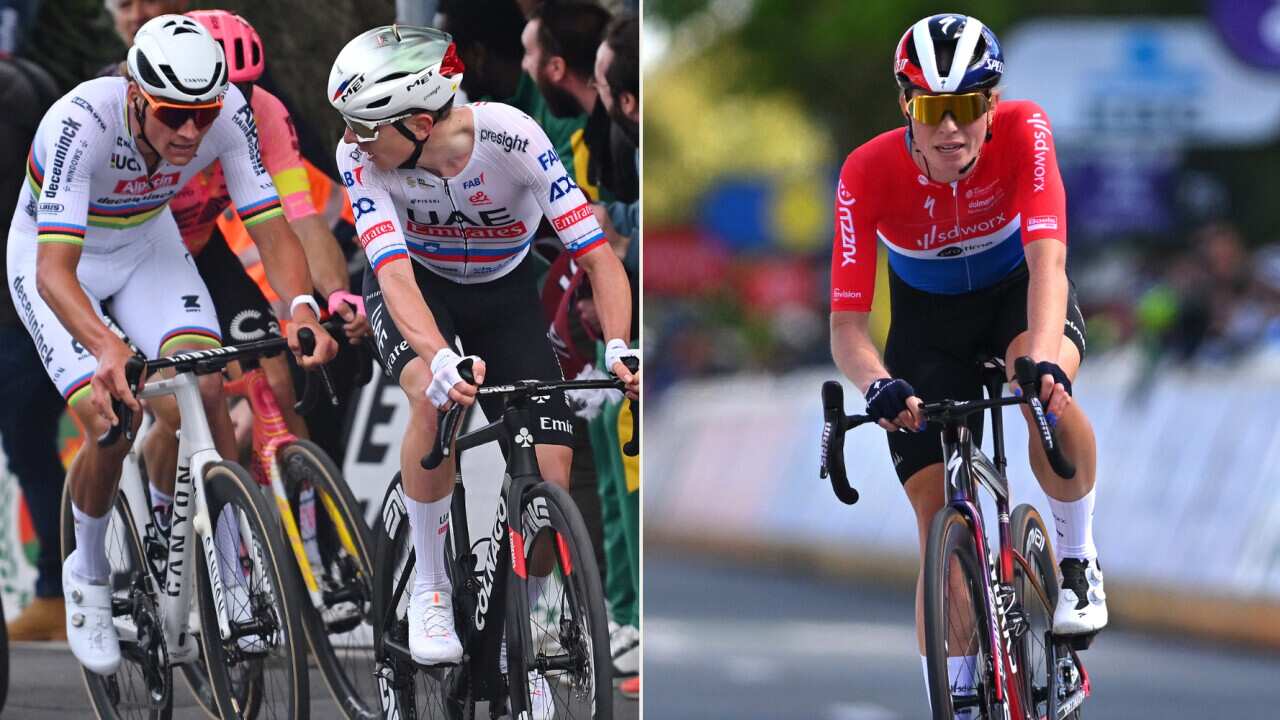Oscar Crino, who is regarded as one of the finest players to don the green and gold jersey, said he owed his success to an obsession to be different and do things his own way.
Buenos Aires-born Crino played 37 times for Australia in the 1980s and formed part of the South Melbourne team that won the 1984 National Soccer League.
And he did it by showing that of all the qualities a footballer can possess nothing usually beats pure class, particularly in a country like Australia where physique was seen as more important than technique.
"I tried to play differently to anybody else," Crino said.
"That was my only goal. I wanted to show people that soccer can be played in a different way and you can also win by being technical rather than physical.
"You can play beautifully and still win. That's why they call it 'jogo bonito' in Brazil.
"The NSL relied mainly on athleticism when I joined South Melbourne in the early 1980s.
"The competition was not as polished as the A-League is now, I guess. We were the pioneers, if you like. It was a very difficult league with a lot of strong English and Scottish players.
"There were other good players who migrated to Australia from other parts of the world but the league was predominantly British in character and it was very physical.
"Refereeing standards were very different, too. They allowed a lot of things which today would earn you a yellow card.
"I had to adapt to the NSL's 'Britishness' because I have an Argentinian background but I still tried to do it my way, as best as I could.
"Where I grew up the ball was king and you had to keep possession because if you did that you were already in front without scoring.
"That was my schooling and I kept it. Learning how to master the ball was part of our culture. It is the challenge for anyone who takes up the game."
Crino, who is now 55, lives in Melbourne and he was happy to share his thoughts with The World Game.
So what has become of Oscar Crino the footballer?
"After I retired in the early 1990s I went to work as a manager in retail for a while then I started a roofing business with my brother and I've been doing that ever since. There was a bit of development, too. I'm a registered builder."
You won your only championship with South Melbourne in 1984. What was the grand final against Sydney Olympic like?
"It was a clash between the country's two biggest Greek-backed teams. There was a lot of rivalry at that time. South Melbourne had not won much for years so it was more about us than anything else. South were renowned for having high-calibre players even before my time.
"I enjoyed the two years I spent with them. I thought we were the leading club in the country. We had some good, tough and experienced players like Kenny Murphy, for example. I was fairly young but it was good to get a championship out of the way early in my career."
You are regarded by many pundits as one of the all-time great Aussie players. What do you say to that?
"I say 'thankyou' to anyone who says that but the reality is that there were a lot of great footballers during my time. Even before I came along there were a lot of amazing players like those who played in the 1974 World Cup, among them the fantastic Johnny Warren.
"I also remember going to watch Footscray and Juventus as a kid growing up in Melbourne. They had some tremendous imports. So I was just happy to have contributed to the game."
Who was the best coach you worked with and why?
"I think I learned something from every coach I had. It's like your school teachers from grade one to grade six and university. They are different but they all influence you and I gained from all the knowledge they gave me because I listened to each and every one of them.
"I was lucky to have a number of renowned coaches such as Les Scheinflug, Frank Arok, Eddie Thomson, Len McKendry and Dragan Sekularac. The were different and had varying views on football but their passion for the game was infectious.
"In the end I became a bit of a soup with all the mixture of knowledge I was lucky to receive. I appreciate what all of them did for me and I respect them equally."
Do you wish you played 25 years later in the A-League?
"Yes. you can say that. I made some money out of the game but only living money not surplus.
"Look, some of the players who played before me and in my time could easily say 'I wish I played now because we would play better than some of these guys'.
"People who saw me play back then might say I should have been born 10 years later and my life could have been totally different. Maybe yes, maybe no. Who knows? Perhaps I could have stayed in Argentina and maybe played for the Albiceleste. You cannot say things like that.
"I enjoyed my era. My family came to Australia as humble migrants who had a dream. I dreamed of becoming a soccer player and I achieved it even though professionalism in Australia was nowhere near what it is in Europe.
"But I was a member of the national team which I am very proud of. Being a footballer and the friendships I have made through soccer are among the best things that ever happened to me."
Do you follow the A-League?
"Not as religiously as I should. I go to matches occasionally but not on a regular basis. Having a family can be time consuming."
Forget the playing standard for a moment: do you like the modern club football package?
"The biggest change in the way the game is presented is that it is not played by and for the different pockets of our society. It is not ethnic-based anymore but open to all walks of life, which is great.
"You can say that the foreign migrants were the ones who brought the game to Australia ... but in this country everyone is an ethnic anyway. I thought some clashes during my time brought up the cultural differences of the supporters in an unpleasant way. We all have our political views but these differences should stay away from the sporting field.
"Thankfully today football's following is more mainstream and open to followers of other codes. It's more multicultural. If you're a rugby person you can pick a team and go to the football, no problem. You don't have to worry about whether you fit in or not."
How do you rate the NSL and A-League competitions in terms of the playing level?
"We were more direct in my days, admittedly perhaps too direct sometimes. We used to give the ball away a lot and were rather clumsy. But when Barcelona came along a few years ago with their obsession with possession football we tried to copy their style. A lot of countries tried to do that too.
"The problem is that not many teams have the type of player to executive that game. Barca had some extraordinary individuals."
Are you envious of the publicity football in Australia gets these days?
"The internet may have generated greater publicity for our game. But don't forget the continued success of the Socceroos has much to do with a greater interest shown in our game by the media.
"It has jumped on the Socceroos bandwagon because our national team represents the whole country in the biggest sporting event on the planet which is the World Cup."
Your experience in football abroad was short and unrewarding. What happened?
"I went to Cyprus which was supposed to be my stepping stone to better things. But I got injured. I had what they call osteitis pubis (often caused by repeated overload of the adductor muscles), which was fairly 'new' those days and even in Europe they knew very little about it.
"I came back to Australia and my surgeons advised me to take a year off. But by the time I was back in action it was time for the qualifiers for the 1988 Olympics and I decided to stay here. I later suffered a bad knee injury and I had to retire."
You took part in two failed World Cup campaigns. How close were Australia to topple Scotland in 1985?
"When you look back at the tie you understand we were not too far off. We thought we could do it but we got caught out in the first game in Glasgow when we lost 2-0. Given the fact that we were part-timers back then we did not realise how close we were to beating the Scots and making the World Cup.
"They had a formidable team and probably have not had one nearly as strong since. They had a lot of stars among them Kenny Dalglish and Graeme Souness who were both big, big names.
"We tried to prepare ourselves as best as we could but it was always going to be a big ask. We had a go in the return in Melbourne but we could only draw 0-0. We probably would have gone through to the finals in Mexico had we been part of Asia. it would have made more sense playing them than Scotland, anyway."
Do you keep in touch with your former club or country team-mates?
"We sometimes do see each other at functions but not that regularly. As you would imagine we all went on to make families and that takes up a lot of your time.
"We recently had a get-together in Sydney for the1981 Australian youth team and we have promised to try to catch up more frequently."
How do you see the current Socceroos?
"It is a strong team that has been a bit unlucky a few times. They may have missed out on wins when they were in control and let the opposition off the hook.
"Ange Postecoglou virtually changed the game in our country. We have never been humiliated by anybody since he took over and Australia can stand tall with any country."
What's your take on Postecoglou's expected exit?
"Ange has to be supported by everyone at this stage because it is important for the game here that the national team qualifies for Russia. We all must be patient because 'golden generation' players like those of the 2006 squad don't come around very quickly."
Which was the highlight of your career?
"Playing in the Seoul Olympics in 1988 against the likes of Yugoslavia and Brazil. It was a great achievement to beat the Slavs and reach the quarter-finals."
Who are the best players you played with and against?
"I have had a lot of good players as team-mates at club and national level. Branko Buljevic, Steve Woodin, Peter Raskopoulos, Marshall Super, Chris Kalantzis and Jimmy Patikas were all fantastic athletes. So were goalkeepers Jeff Over and Terry Greedy.
"I also had the pleasure to face Brazil's Zico when we played Udinese on tour and the privilege of playing against Dalglish in the World Cup qualifier. They were both outstanding performers who made us aware of how good they were and that they were on another level."
Finally, who are the current foreign and Australian players you admire most?
"I have lots of time for Tim Cahill but there are new talents like Mat Ryan, Mathew Leckie, Robbie Kruse and Tom Rogic who are doing very well and could play in most teams in the world. All they need is that little spark.
"I think Lionel Messi has done great things at Barcelona and Cristiano Ronaldo has taken the game to another level the way he goes about his game. They are fairly clean cut and they bring a lot of decency to the table.
"They are not in the headlines for the wrong reasons but for what they do on the field and this is what I admire most about them."
OSCAR CRINO FACTFILE
Playing career:
1983-1985: South Melbourne
1983-1985: South Melbourne
1987-1989: Footscray
1989-1991: Preston
International career:
1981-1989: Australia (37 matches)
Honours:
1984: NSL championship (South Melbourne)













